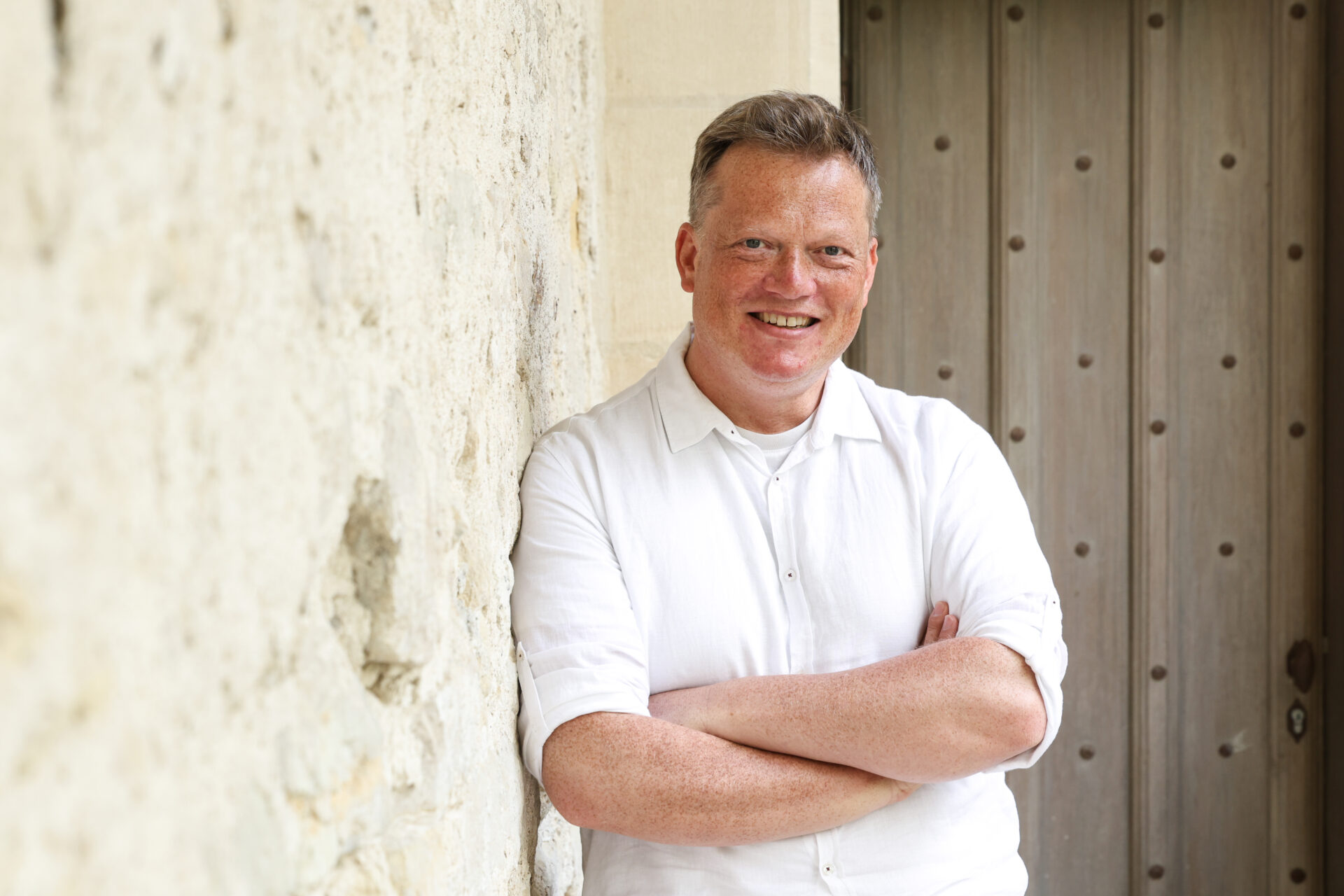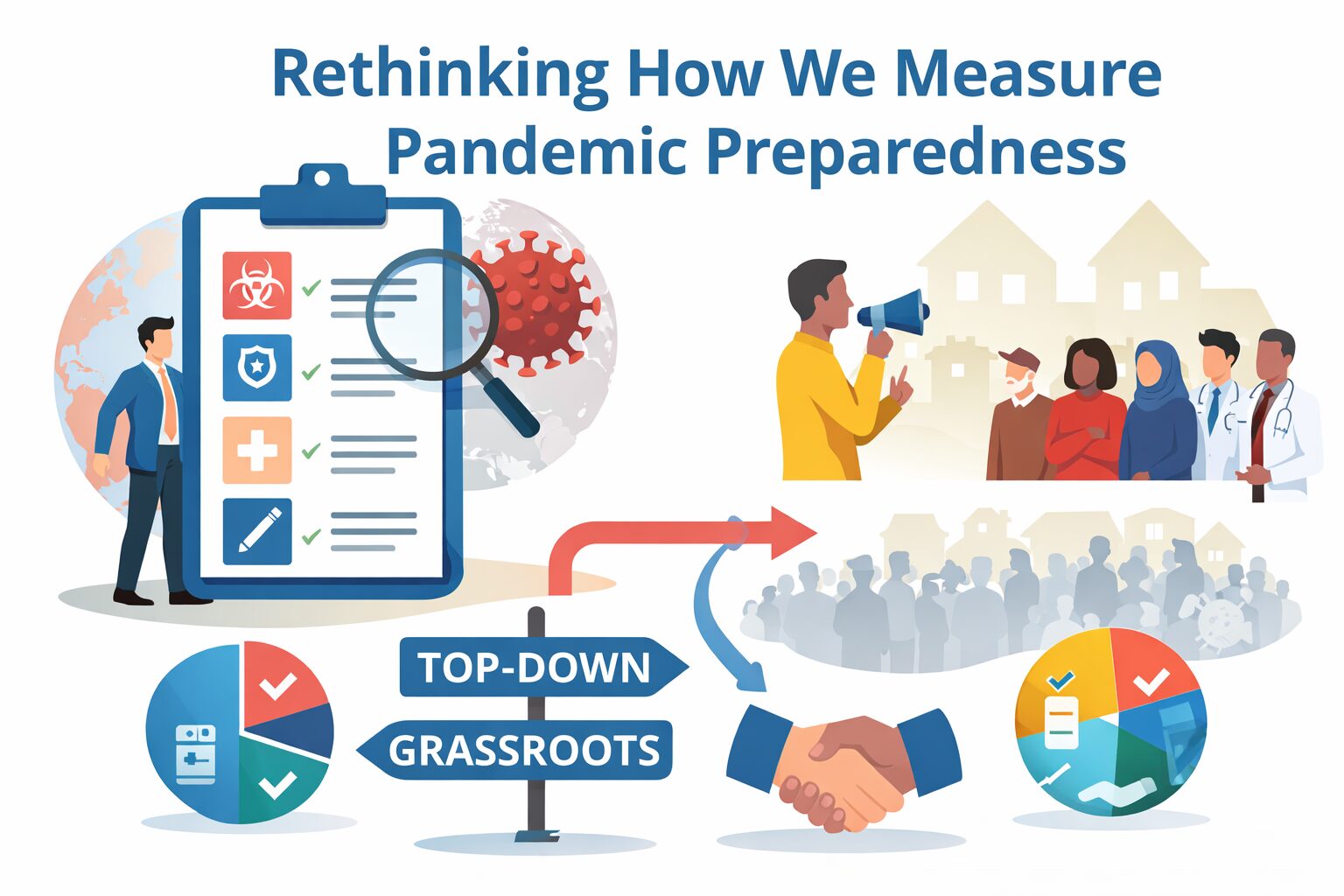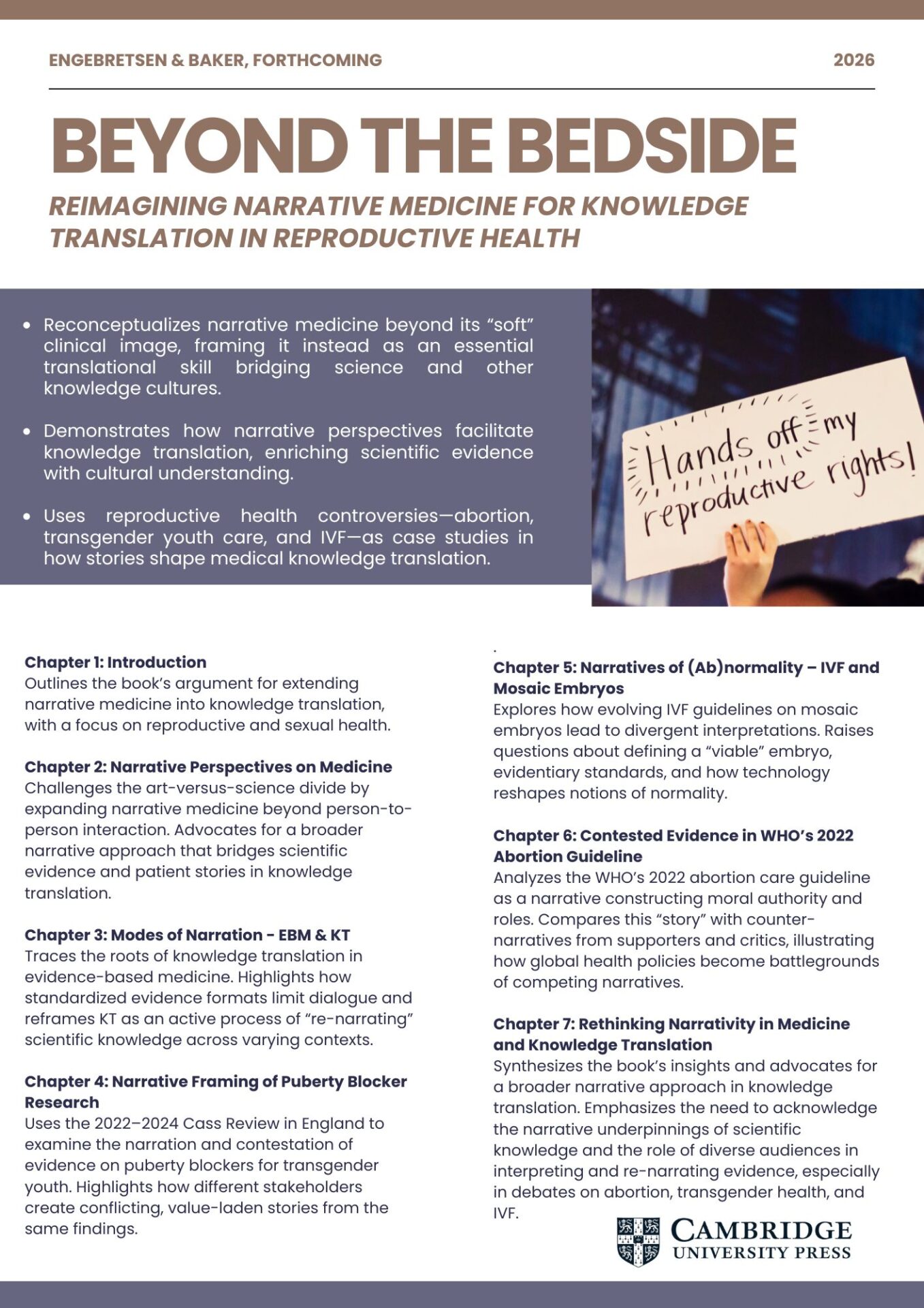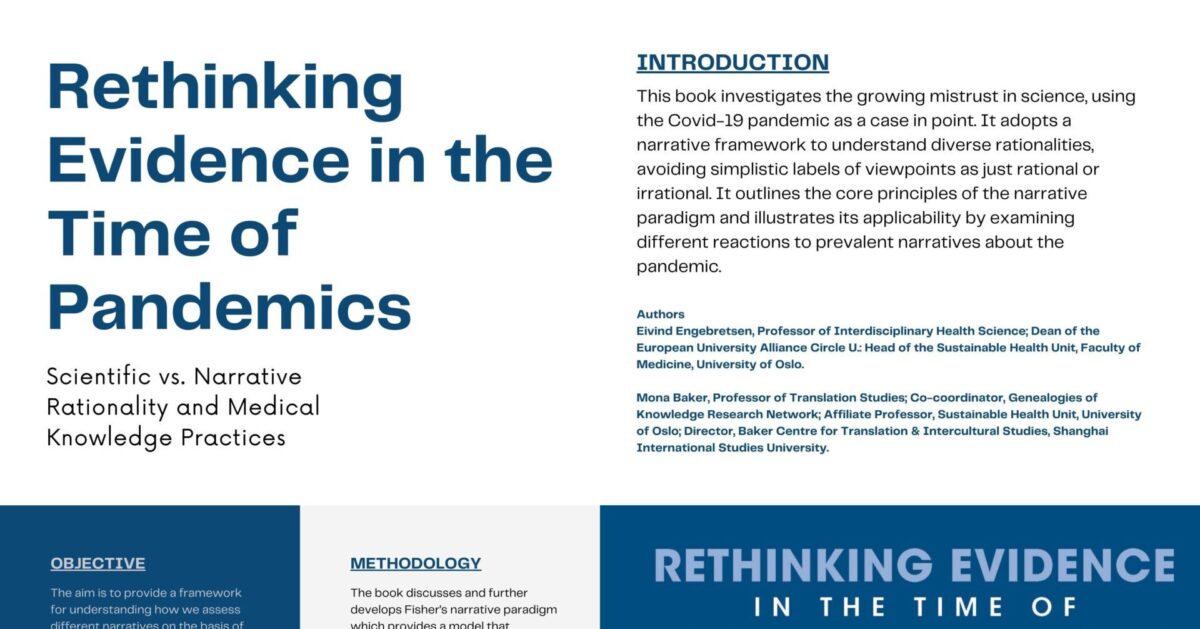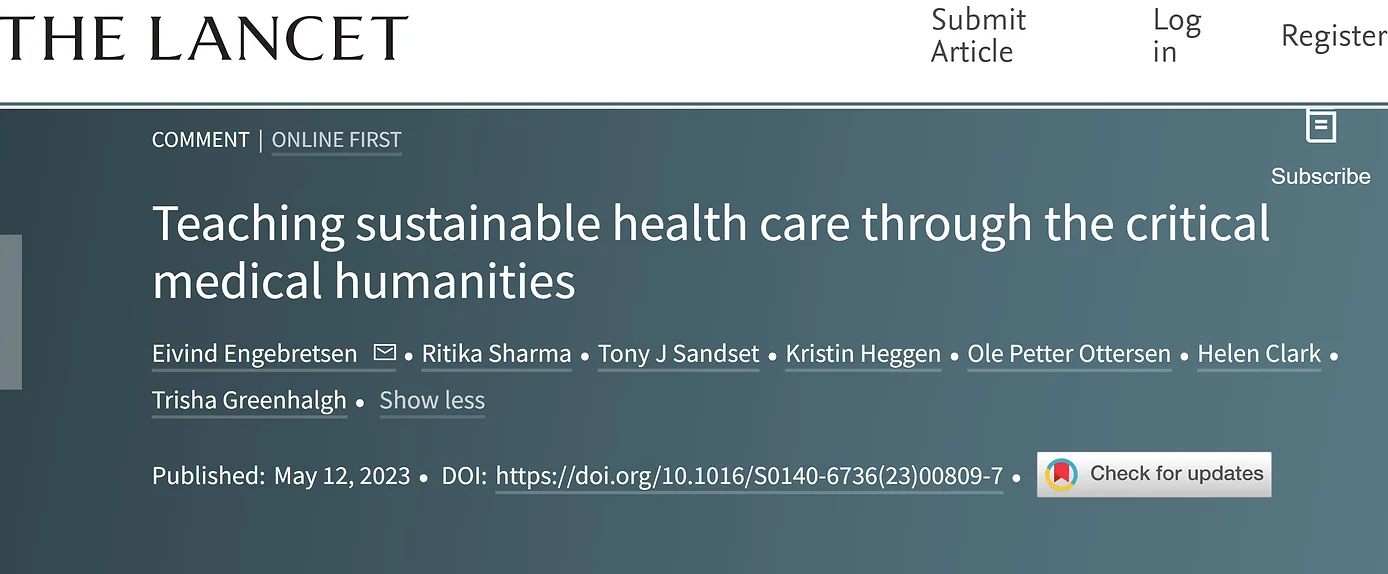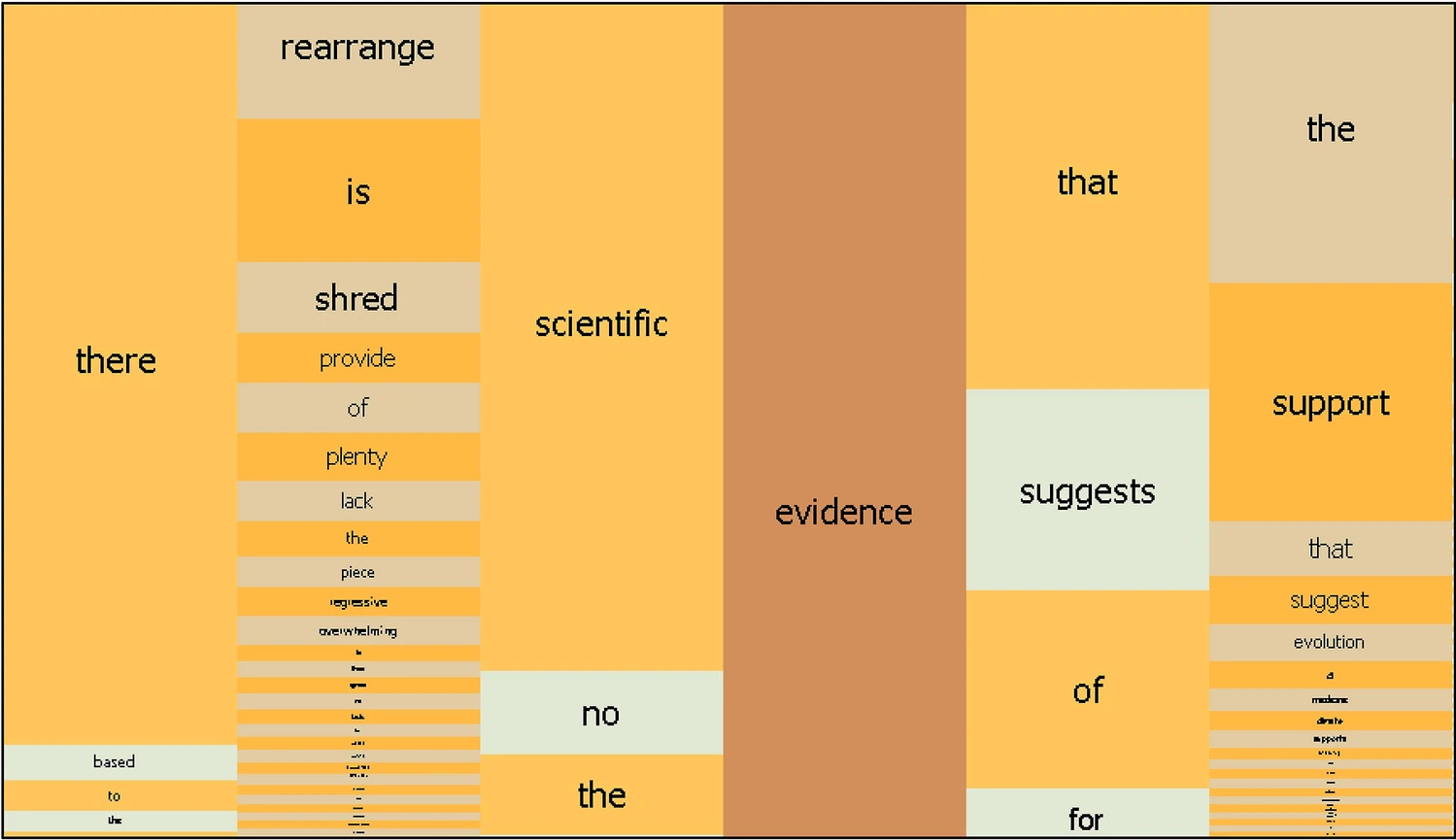my focus
Knowledge in Translation
My research explores how medical knowledge is generated, applied, documented, evaluated, and communicated in clinical encounters as well as in broader societal contexts.

Translational Medical Humanities
I conceptualize empathetic and compassionate care not as discrete acts of kindness, but as translational processes—where biomedical data and protocols are negotiated through patients’ stories.

Understanding Translational Dynamics
I examine how medical knowledge is mobilized and applied in societal debates on topics like abortion, sustainability, and evidence-based practice.

Co-Creation with Grassroots Communities
I develop community-oriented approaches for collaboration between medical experts and grassroots constituencies.

Teaching Sustainable Development
I design educational approaches for sustainable development rooted in translational medical humanities.
my latest book
Rethinking Evidence in the Time of Pandemics
This book shows how concepts of evidence vary across contexts, and how multiple rationalities shape COVID-19 debates on masks, lockdowns, and vaccines. By examining different narratives, it reveals why some knowledge gains acceptance while other claims face resistance.
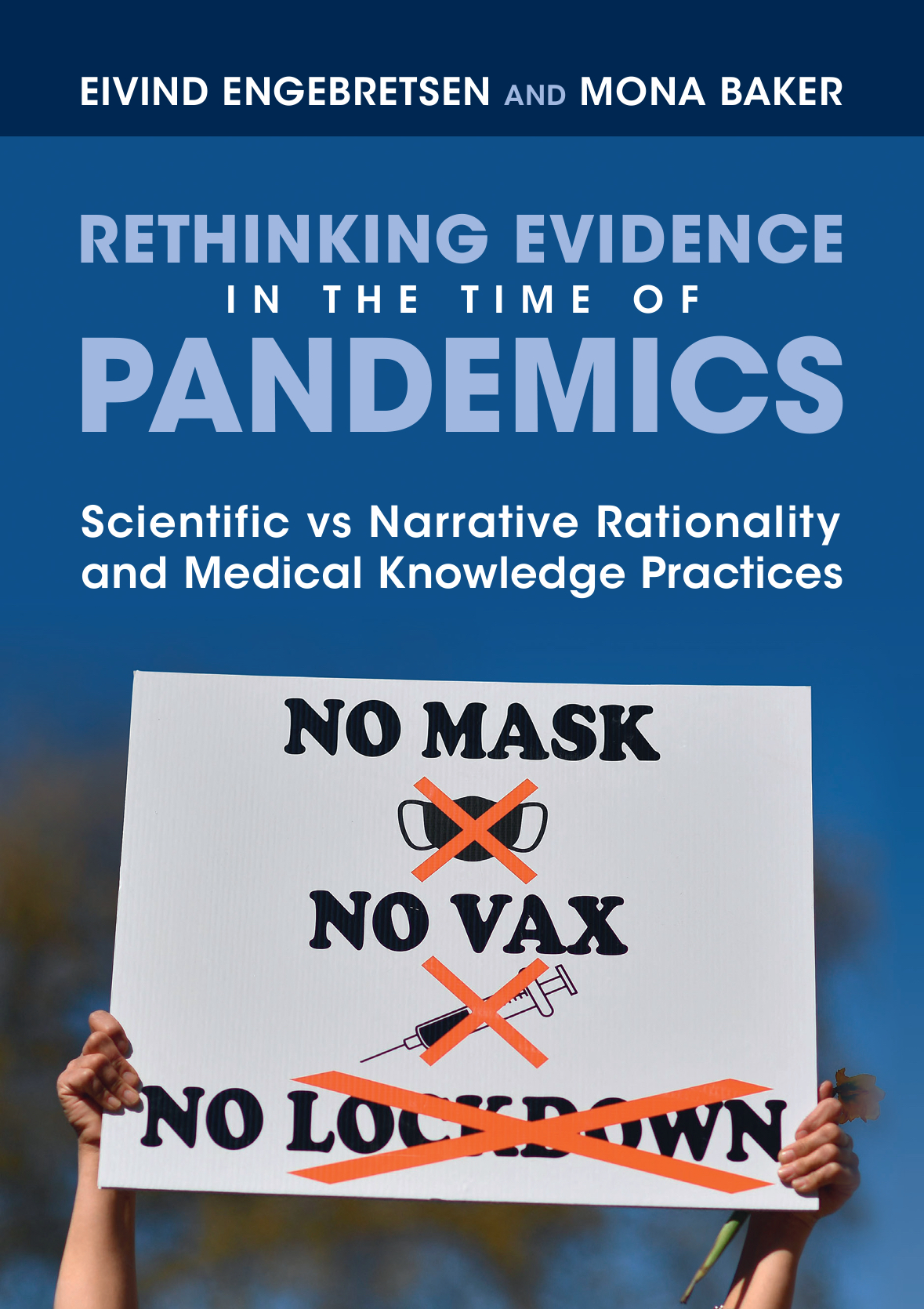
Blog
courses & lectures
Take a Course

Online Course
Bridging Humanities and Medicine for Sustainable Societal Impact – An Introduction to Translational Medical Humanities
Availability
Lecture series open to all, full course open to Circle U.-students.
about the lecture
This course focuses on the critical interdependencies and synergies between the humanities and medicine in enhancing sustainable social change. Traditionally seen as separate realms – arts and sciences – the course demonstrates the power of their convergence in addressing some of the world’s most pressing challenges.

Circle U. Open Campus
The Open Campus is a virtual university campus where students can find all joint offers developed by our nine partner universities. You will find different formats and subjects, varying from hackatons to talks to online and physical courses and summer schools – and many things in-between. Be sure to check out what you can apply for now, what’s coming up and what is available online. Want to know what’s happening?
